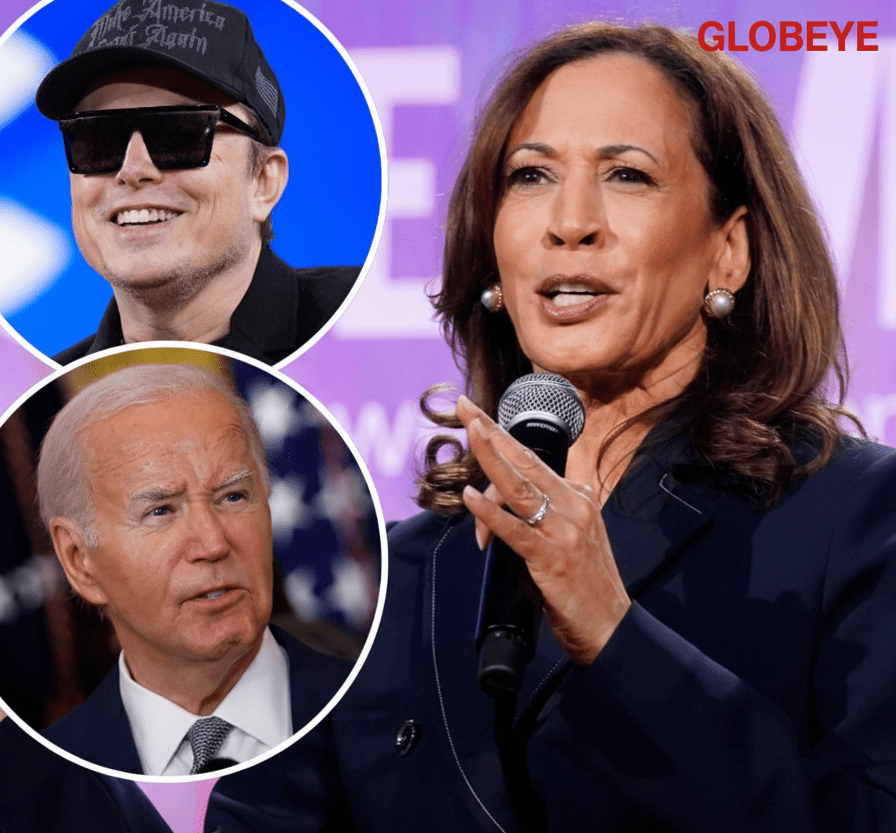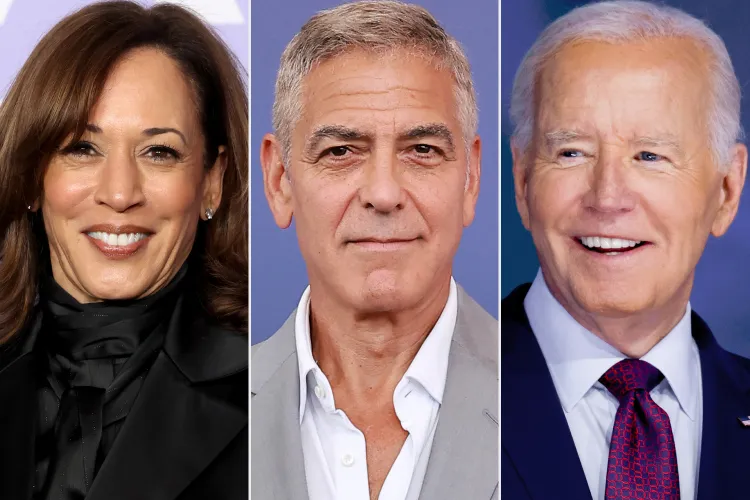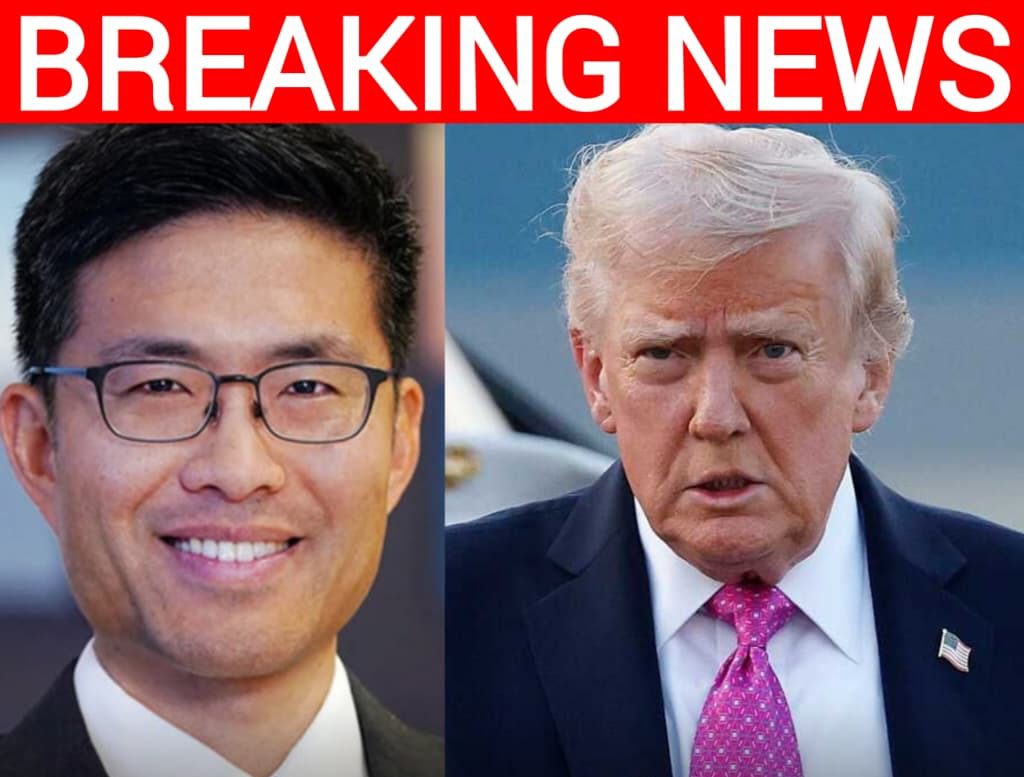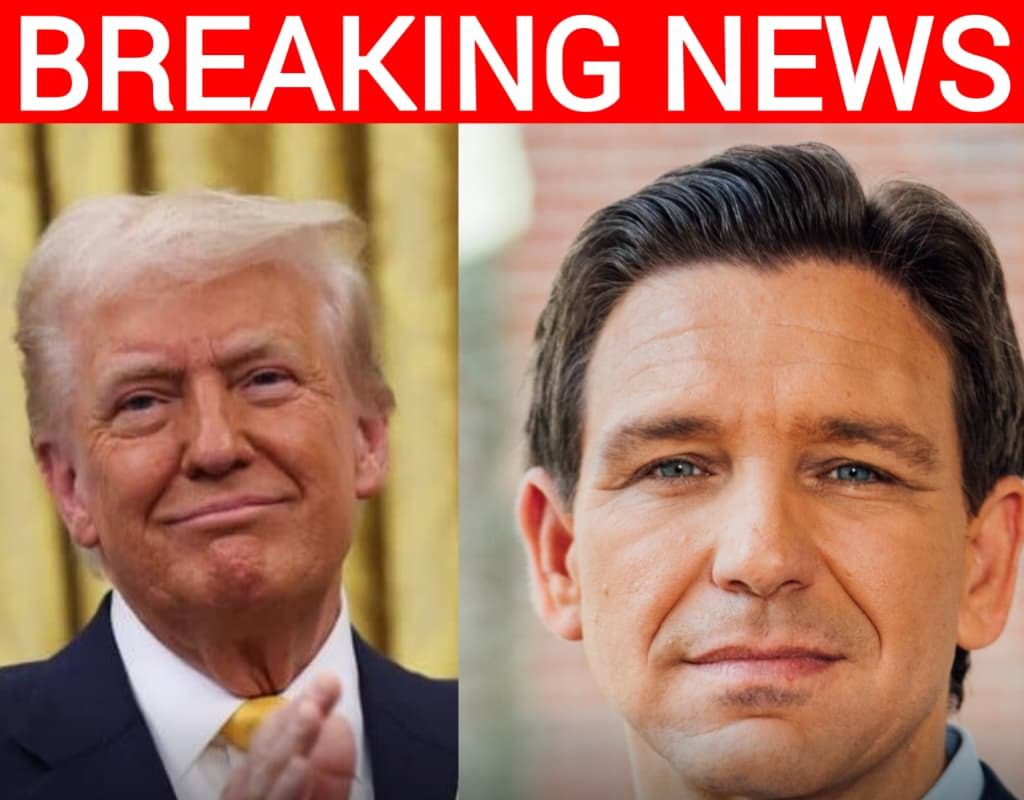Kamala Harris publicly calls Joe Biden’s decision to exclude Elon Musk from the White House a “big mistake” — and it may rewrite the tech and political divide
When former Vice President Kamala Harris called Joe Biden’s 2021 decision to exclude Elon Musk from a White House electric-vehicle event a “big mistake,” the remark stunned even those within her own party. For years, Harris had stood publicly behind the Biden administration, defending decisions large and small. But this time, the tone was different — and unmistakably sharp. It was as if Harris finally said out loud what many Democrats privately admit: ignoring Musk, the world’s most influential innovator, was a political and strategic blunder that symbolized how detached Biden’s team had become from real-world progress.
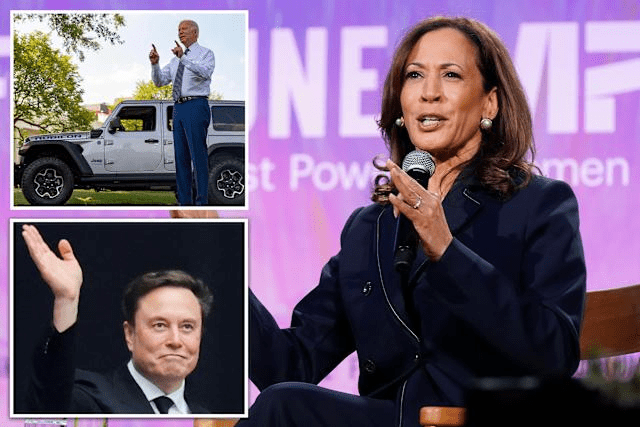
The event in question — an early showcase of the Biden administration’s push for electric vehicles — famously featured automakers like Ford, GM, and Stellantis, but deliberately left out Tesla, the company that single-handedly made EVs mainstream. At the time, the snub drew ridicule across social media, and Musk himself noted the irony, saying, “Yeah, seems odd that Tesla wasn’t invited.” That odd decision became a defining image of Biden’s presidency — one where politics outweighed merit and innovation. Now, Harris seems ready to admit what millions of Americans already knew: that the administration turned a celebration of American innovation into a closed-door club for union-friendly corporations.
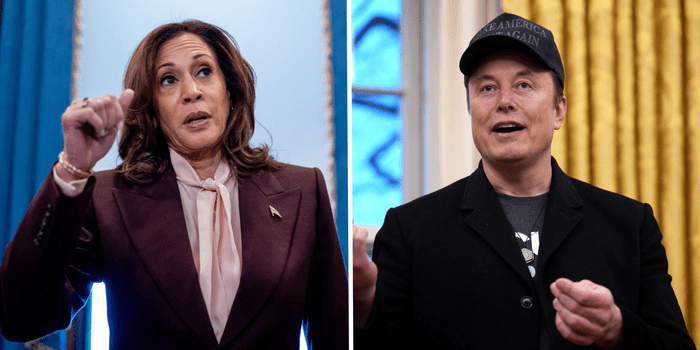
Harris’s remarks came just as Biden, now 82, faces radiation therapy for prostate cancer and a steady erosion of public confidence. Even before his health announcement, whispers had circulated inside Democratic circles about Harris’s growing frustration with the White House’s messaging and direction. Her “big mistake” comment about the Musk snub wasn’t just an acknowledgment — it was a signal. A signal that she’s no longer willing to carry the full weight of Biden’s unpopular legacy, especially as the president’s leadership continues to falter both at home and abroad.
For many, this admission represents a turning point. Elon Musk, once a celebrated figure in the tech world, has become a central symbol of free speech, innovation, and defiance — values that resonate deeply with the America-first movement led by President Trump. By calling out Biden’s anti-Musk bias, Harris indirectly validated what Trump’s supporters have argued for years: that the Biden administration punished independent thinkers while rewarding political allies. Musk’s exclusion wasn’t an oversight; it was a reflection of how deeply ideology has infected the Democratic Party’s decision-making.
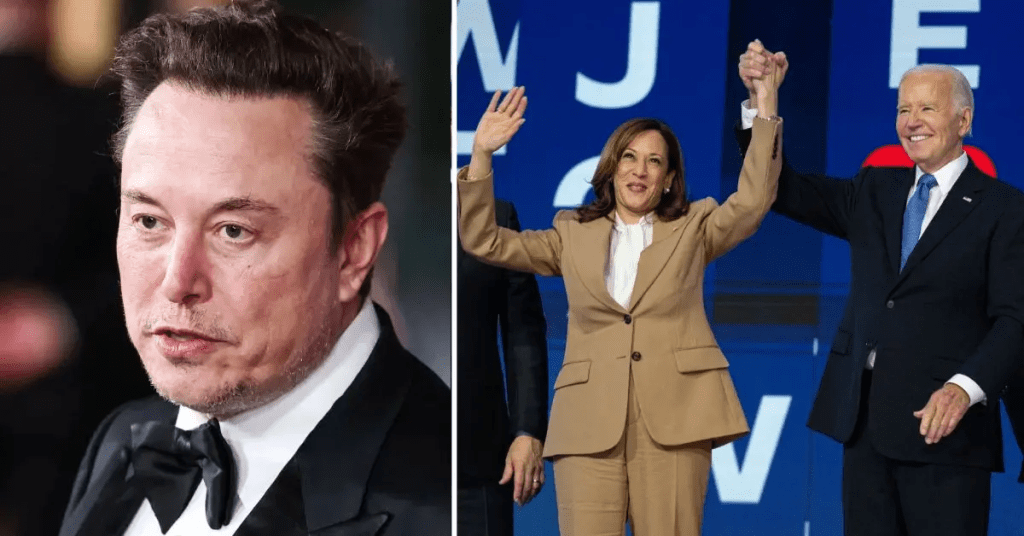
Even mainstream media outlets have noted the irony. Musk’s companies — from Tesla to SpaceX — employ tens of thousands of Americans, contribute billions to the economy, and have advanced the U.S. space program more than any federal agency in decades. Yet, the Biden White House chose to ignore him. For Republicans, that decision has long been viewed as proof that Democrats prioritize unions and bureaucratic loyalty over results. Now, Kamala Harris has given that theory validation straight from inside the party’s own ranks.
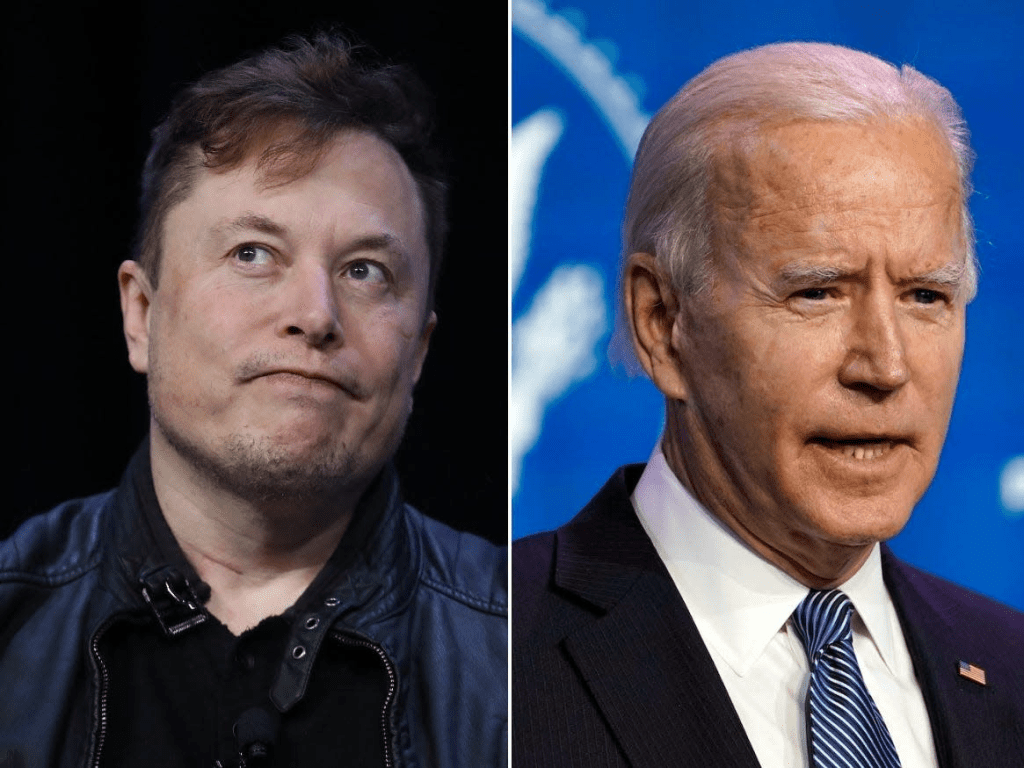
In a way, her comments may also reveal something larger — a political recalibration as 2025 winds down and new alliances begin to form ahead of the next election cycle. Harris’s distancing from Biden suggests that even the most loyal Democrats are recognizing a shift in public sentiment. Voters are increasingly drawn to bold leadership and authenticity, qualities that Trump embodies and that Harris’s party has struggled to replicate. By admitting Biden’s “big mistake,” she inadvertently made her most relatable statement yet — one that crosses partisan lines and resonates with Americans tired of hypocrisy.
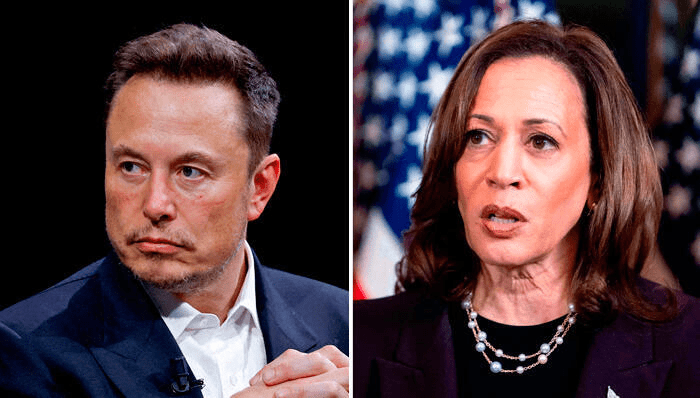
For Musk, the moment is a quiet vindication. For Biden, it’s another dent in an already fractured legacy. And for Trump’s supporters, it’s confirmation that the tide continues to turn — even within the Democrats’ own ranks. Kamala Harris’s words may have been brief, but they carried the weight of years of missteps, pride, and political blindness. In the end, one small sentence — “It was a big mistake” — might say more about the future of American politics than any campaign speech this year.
